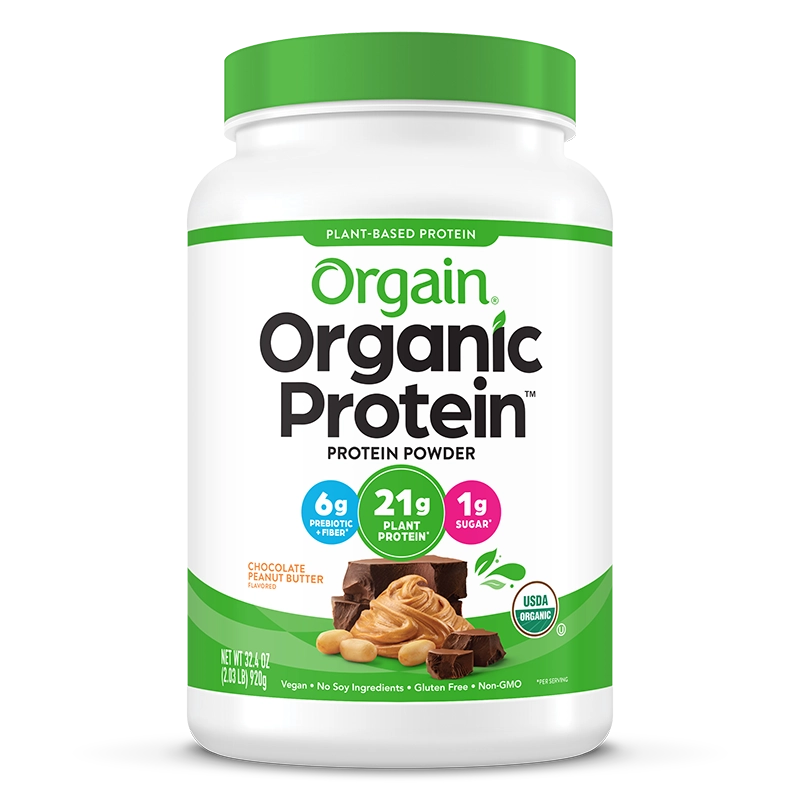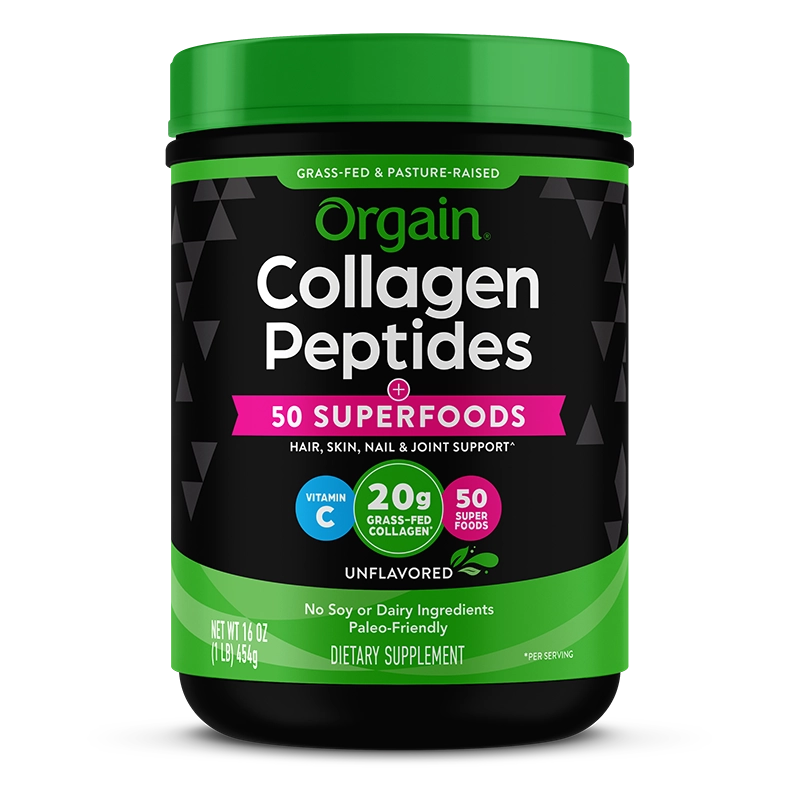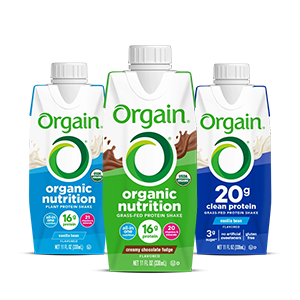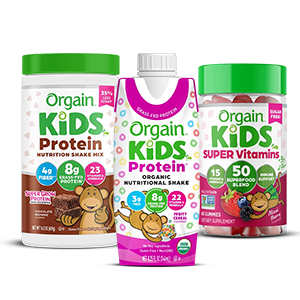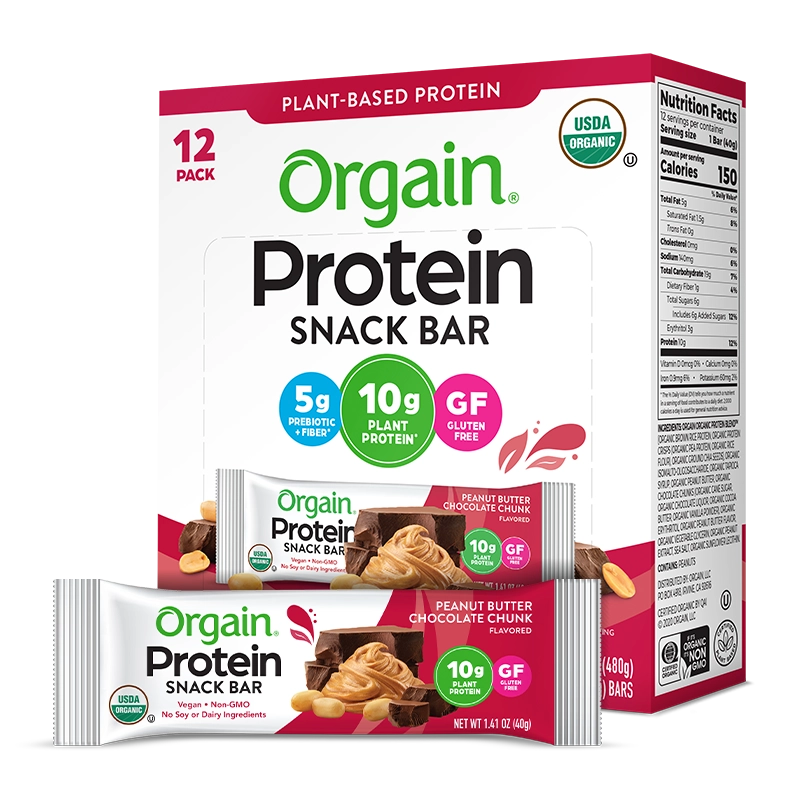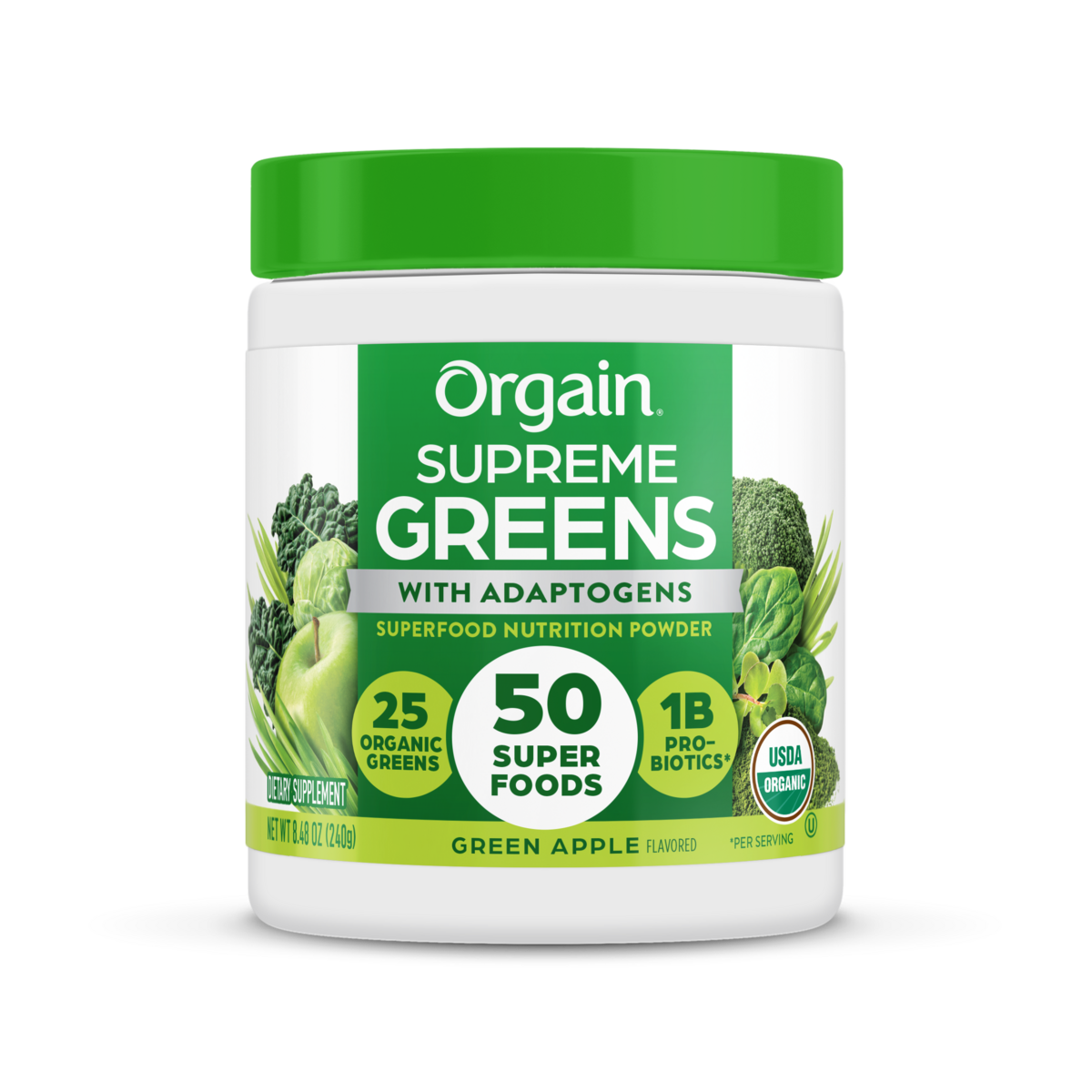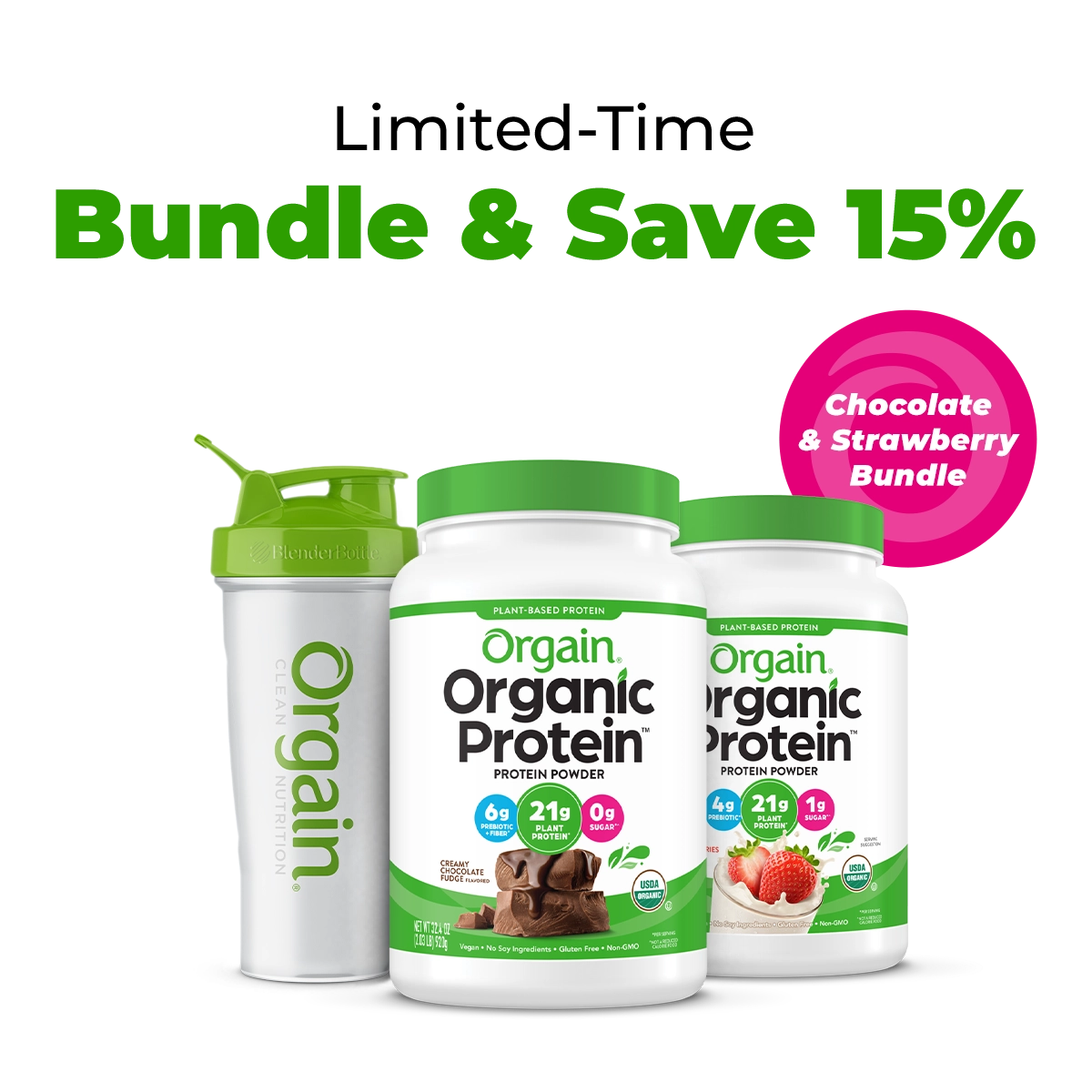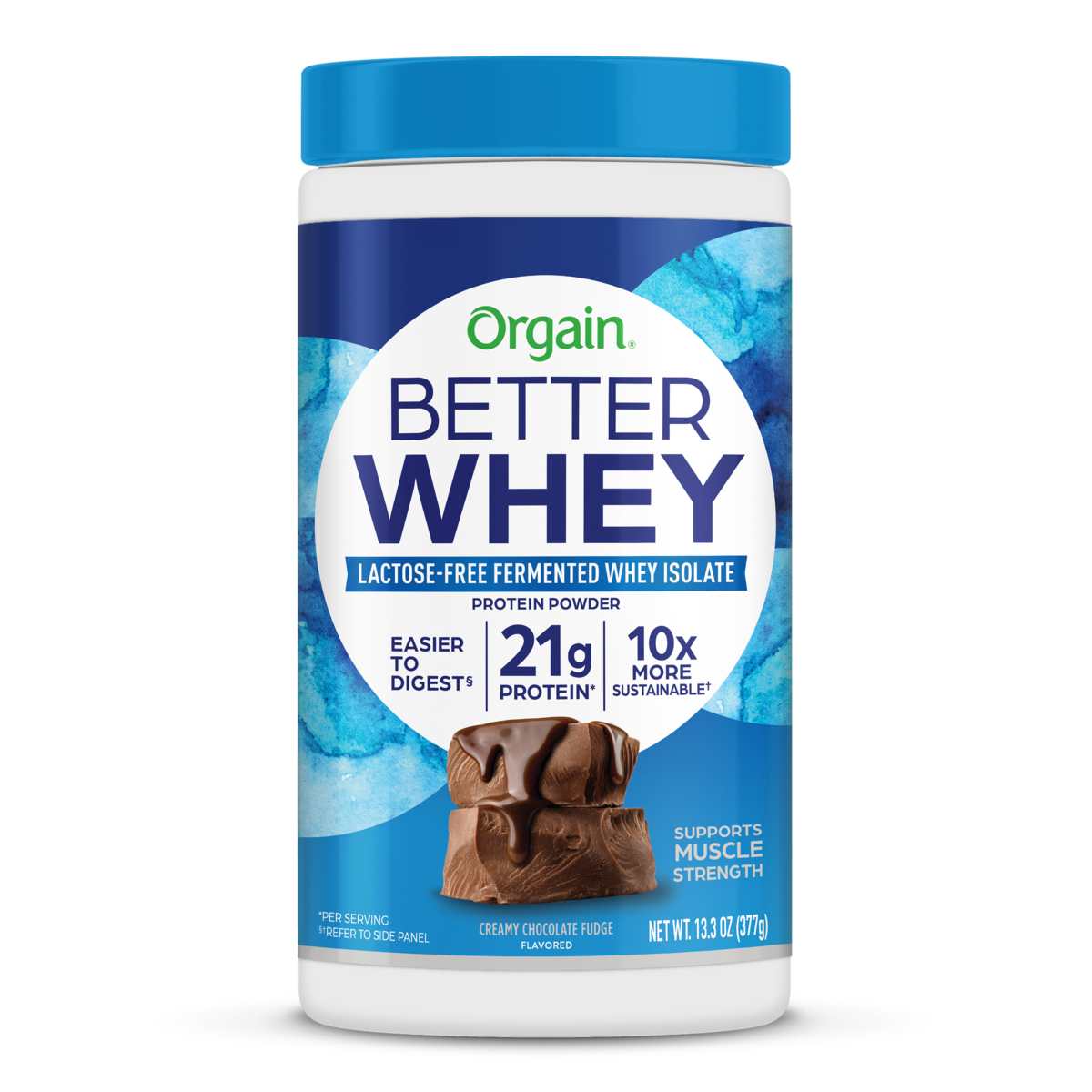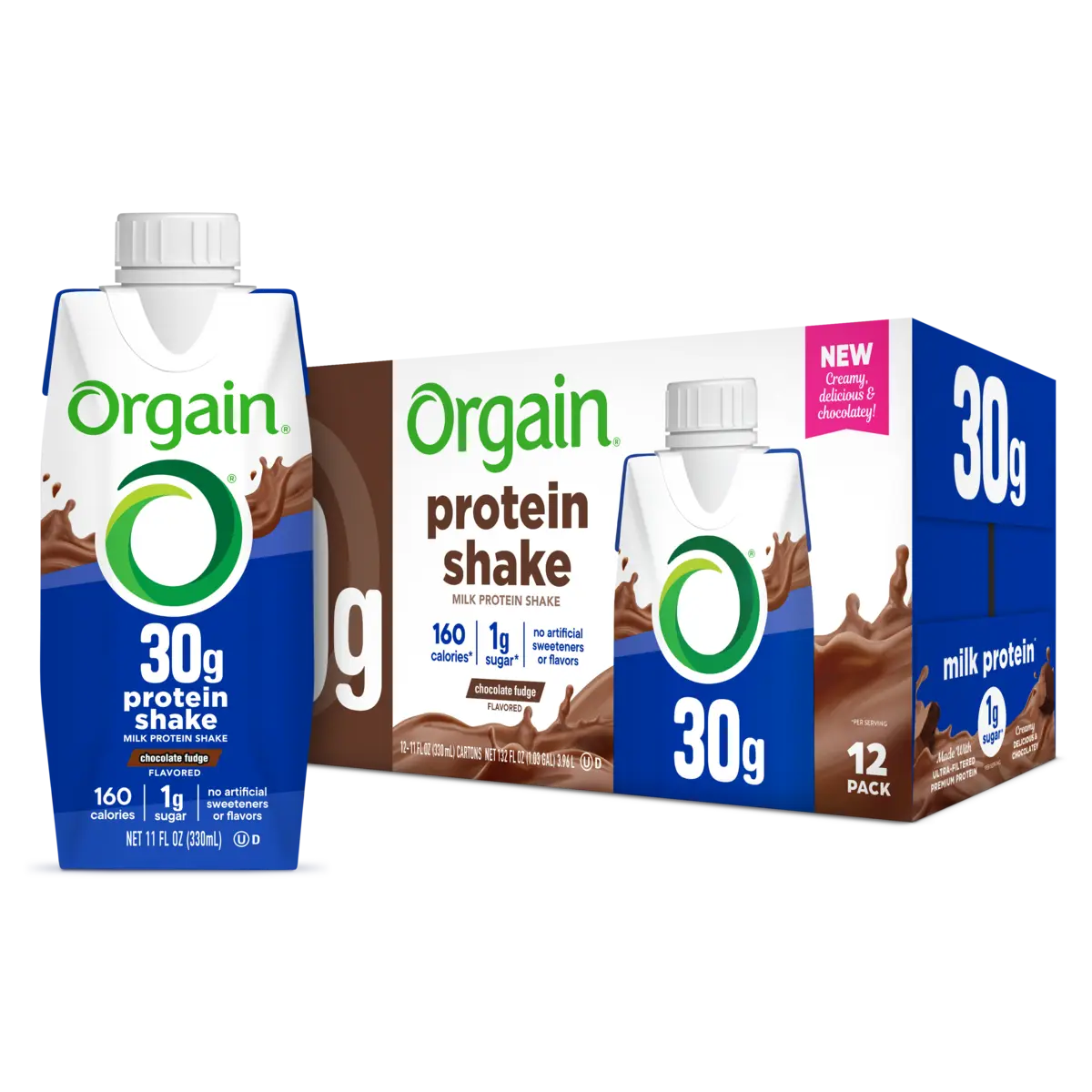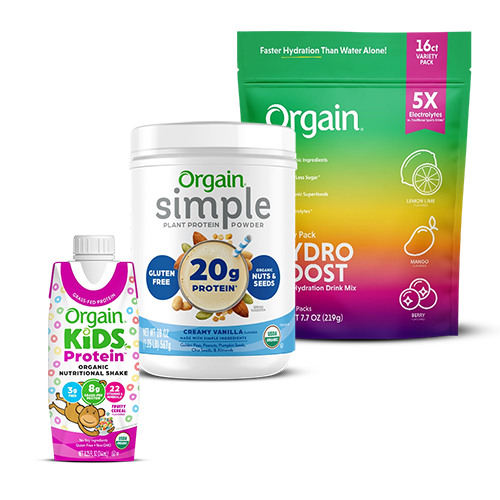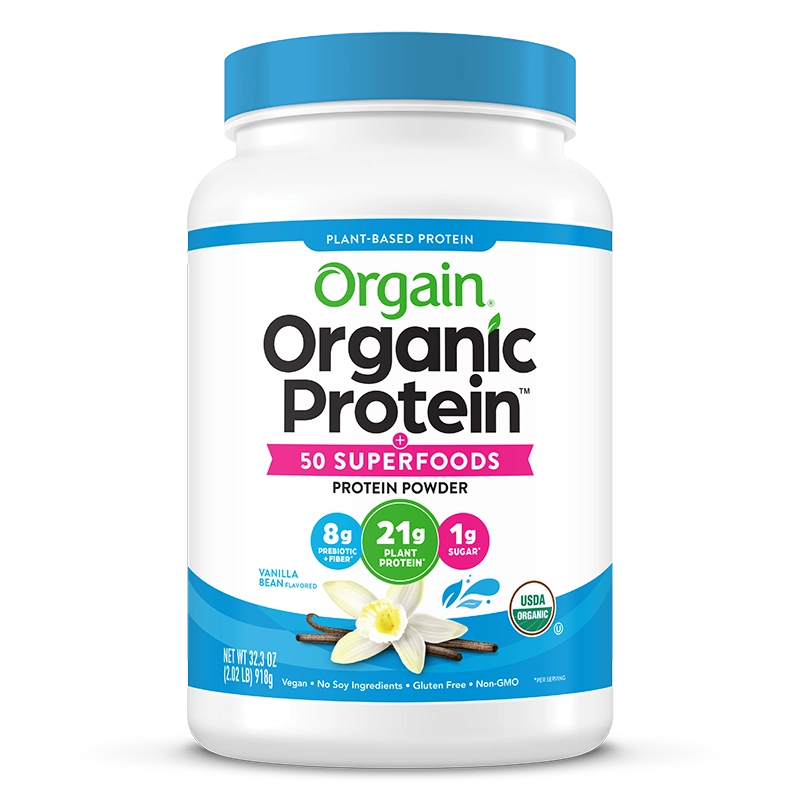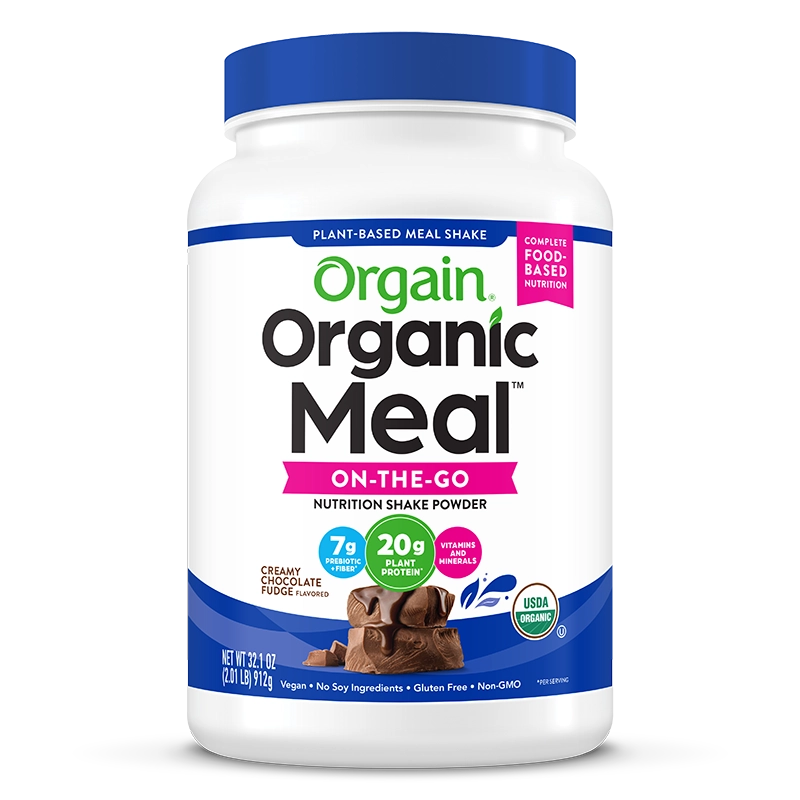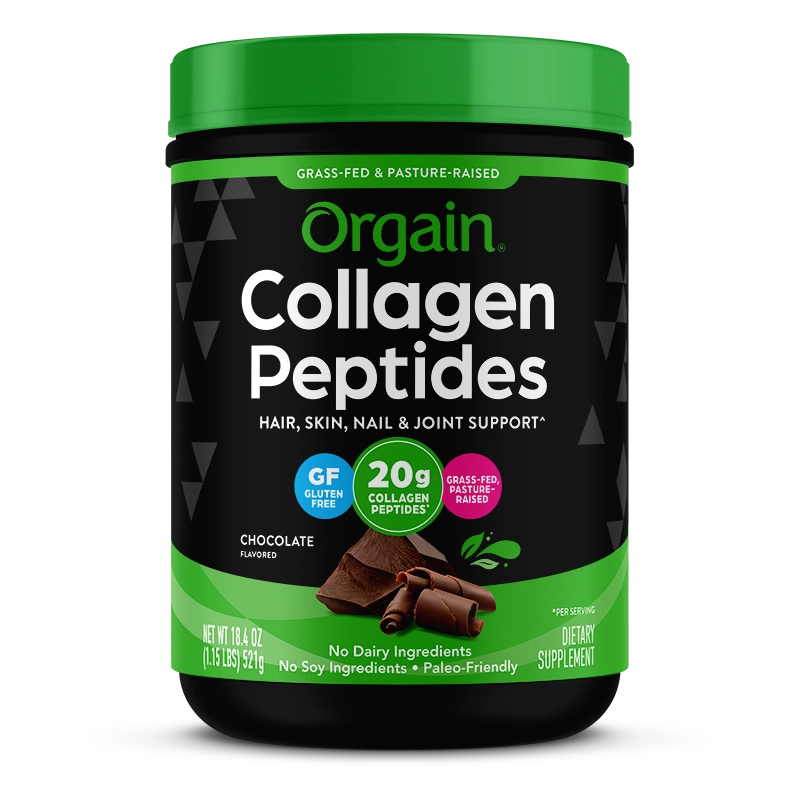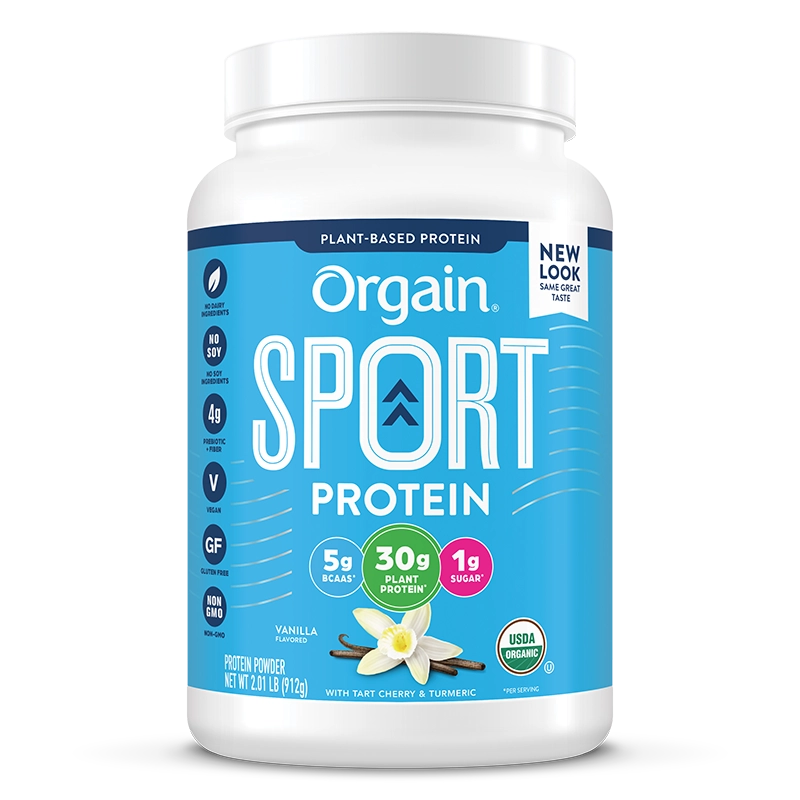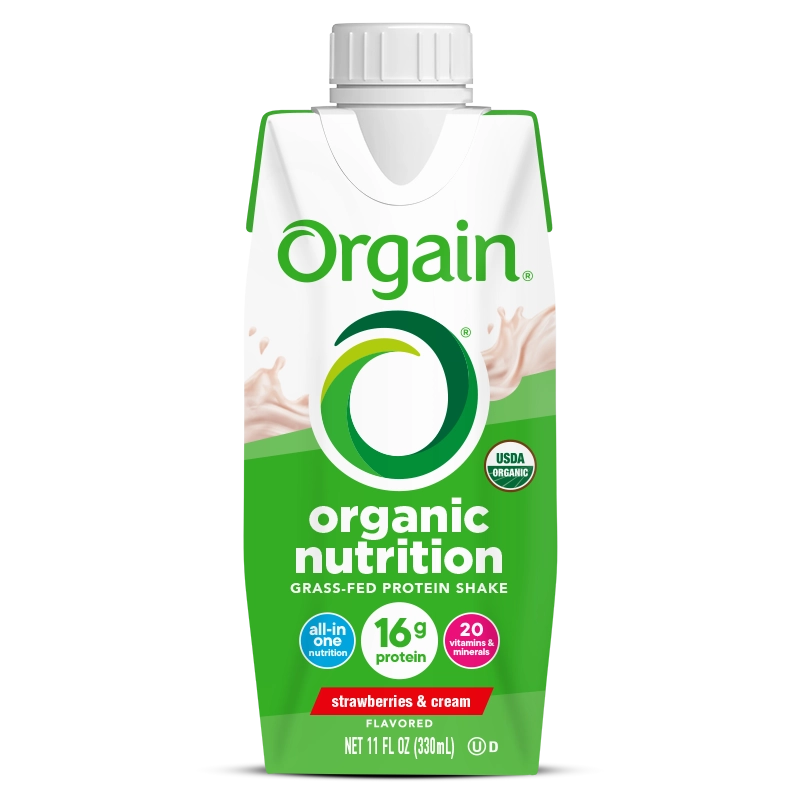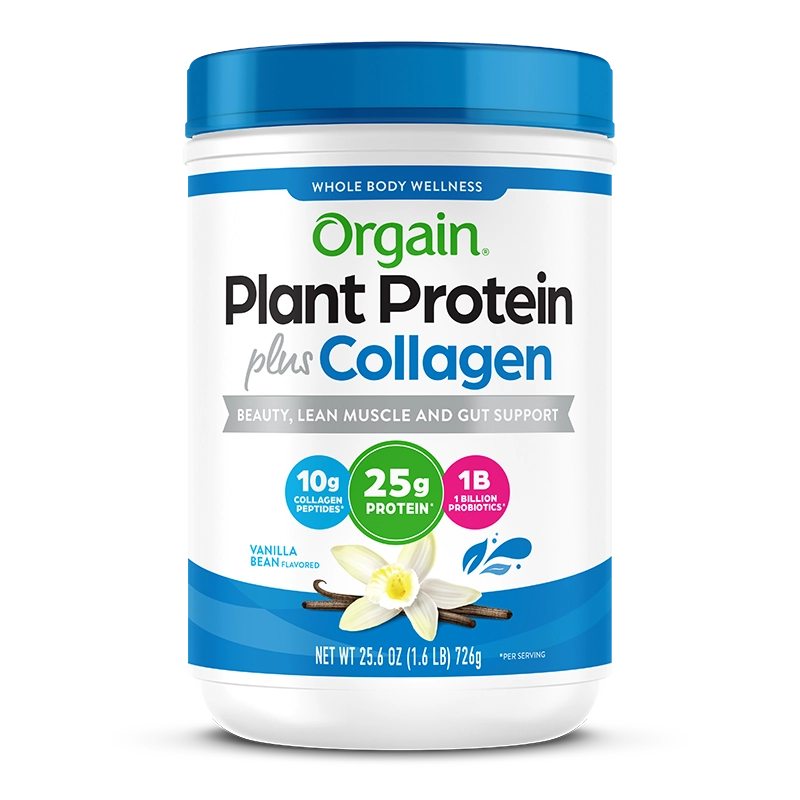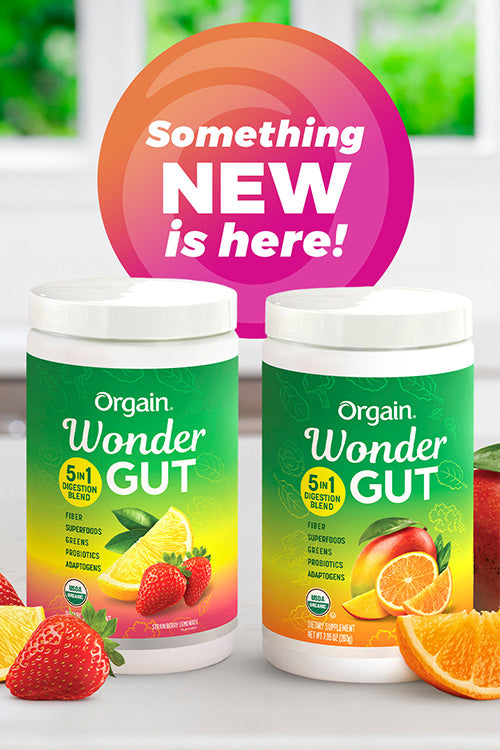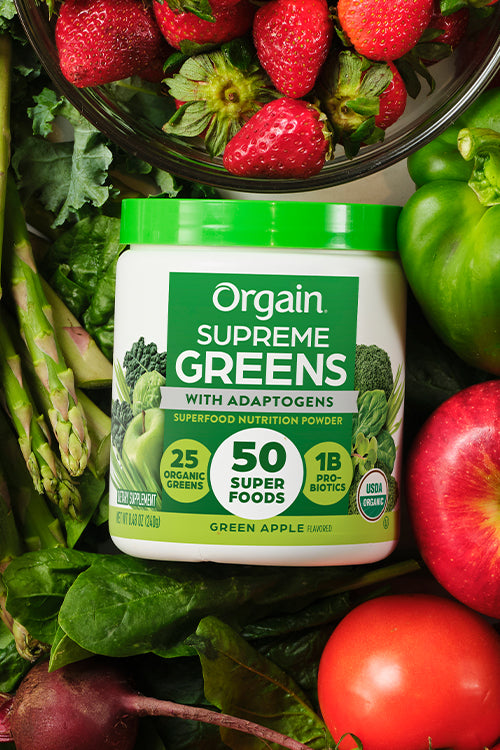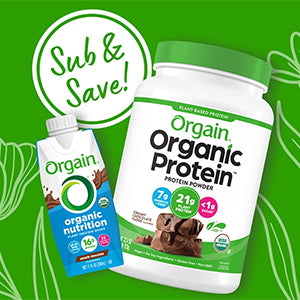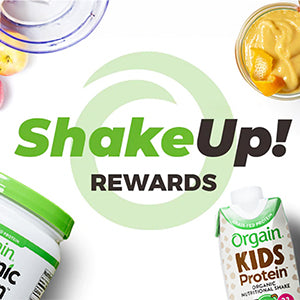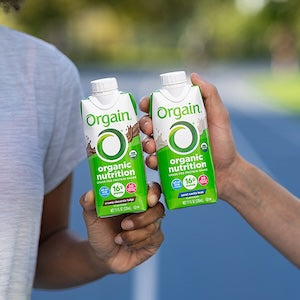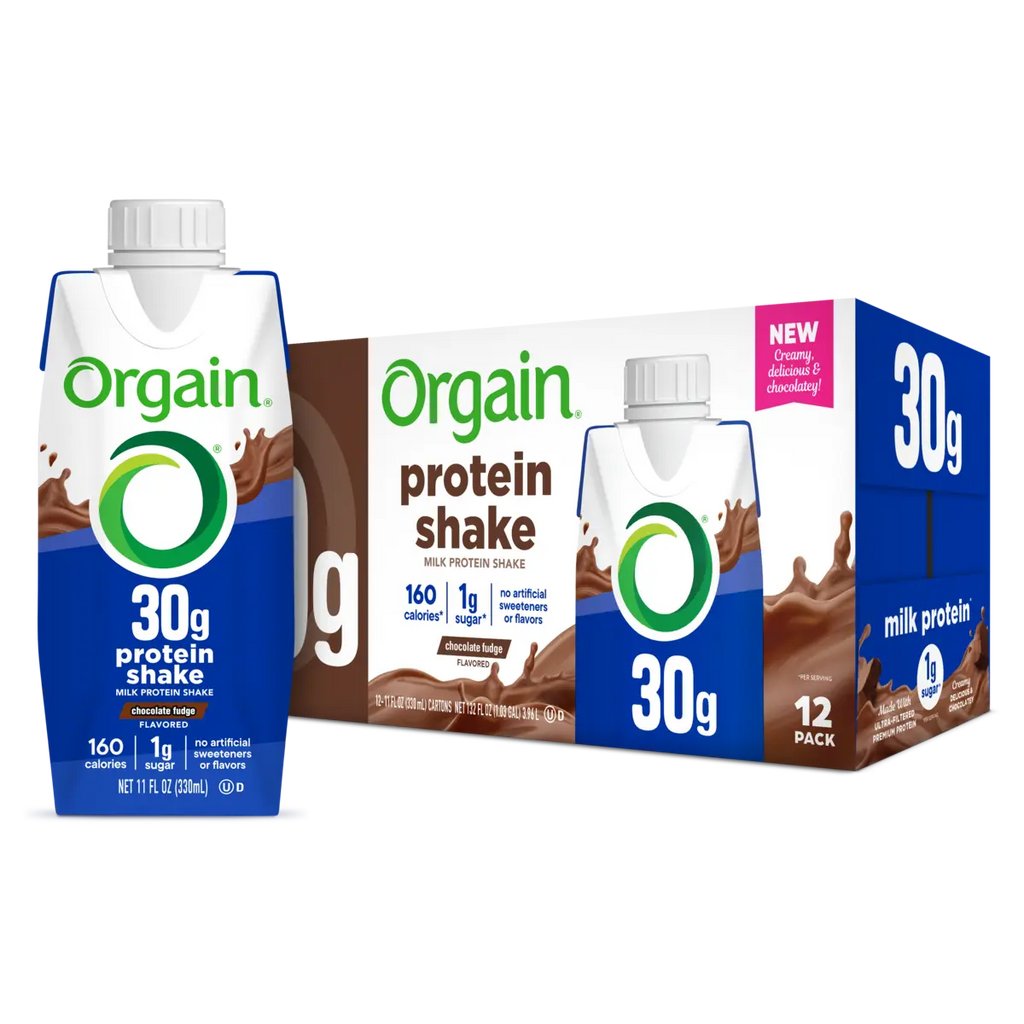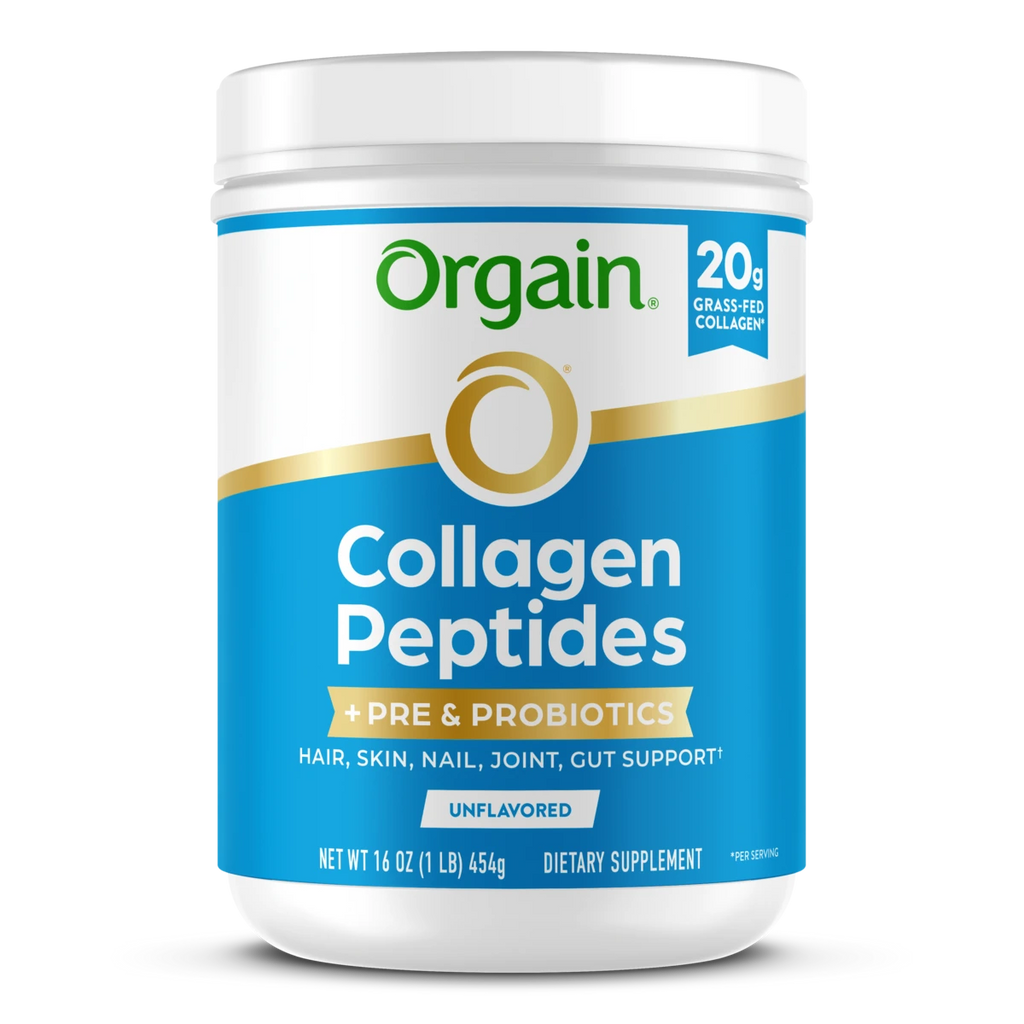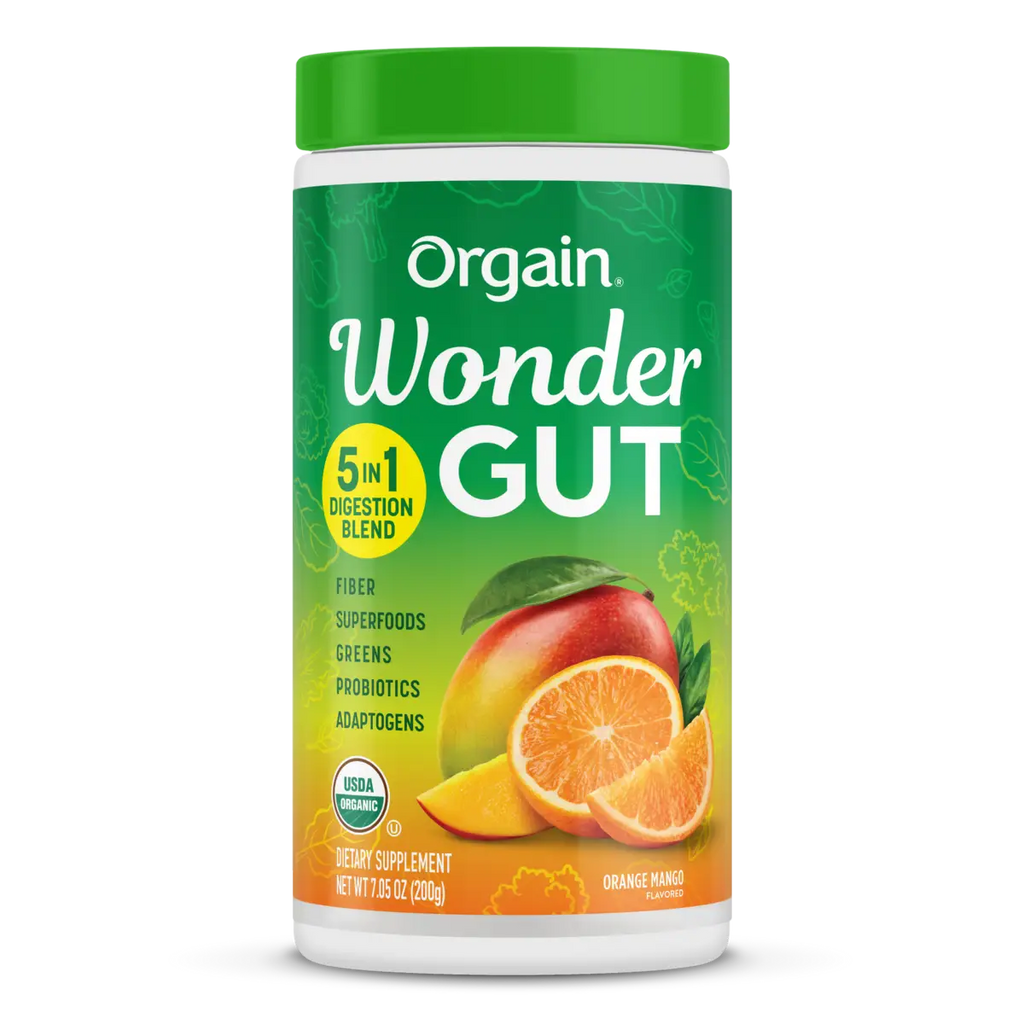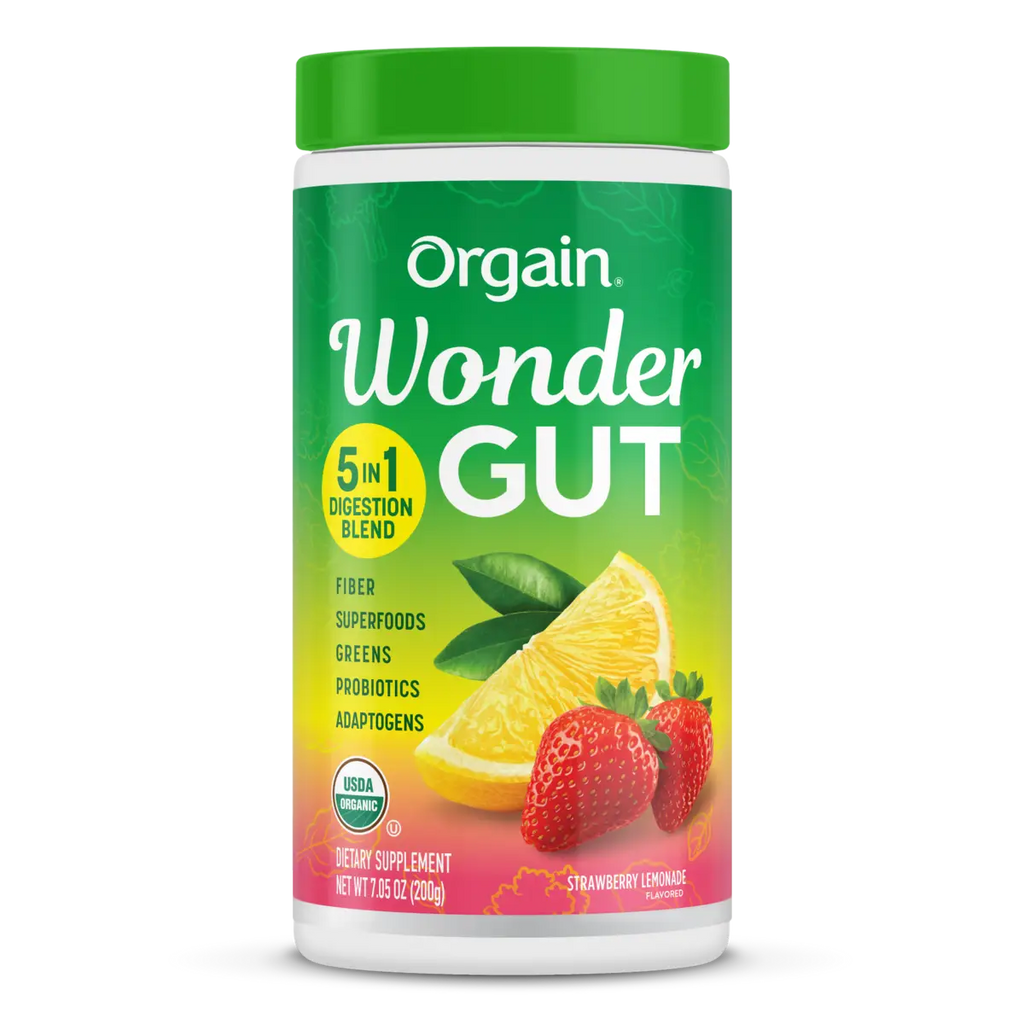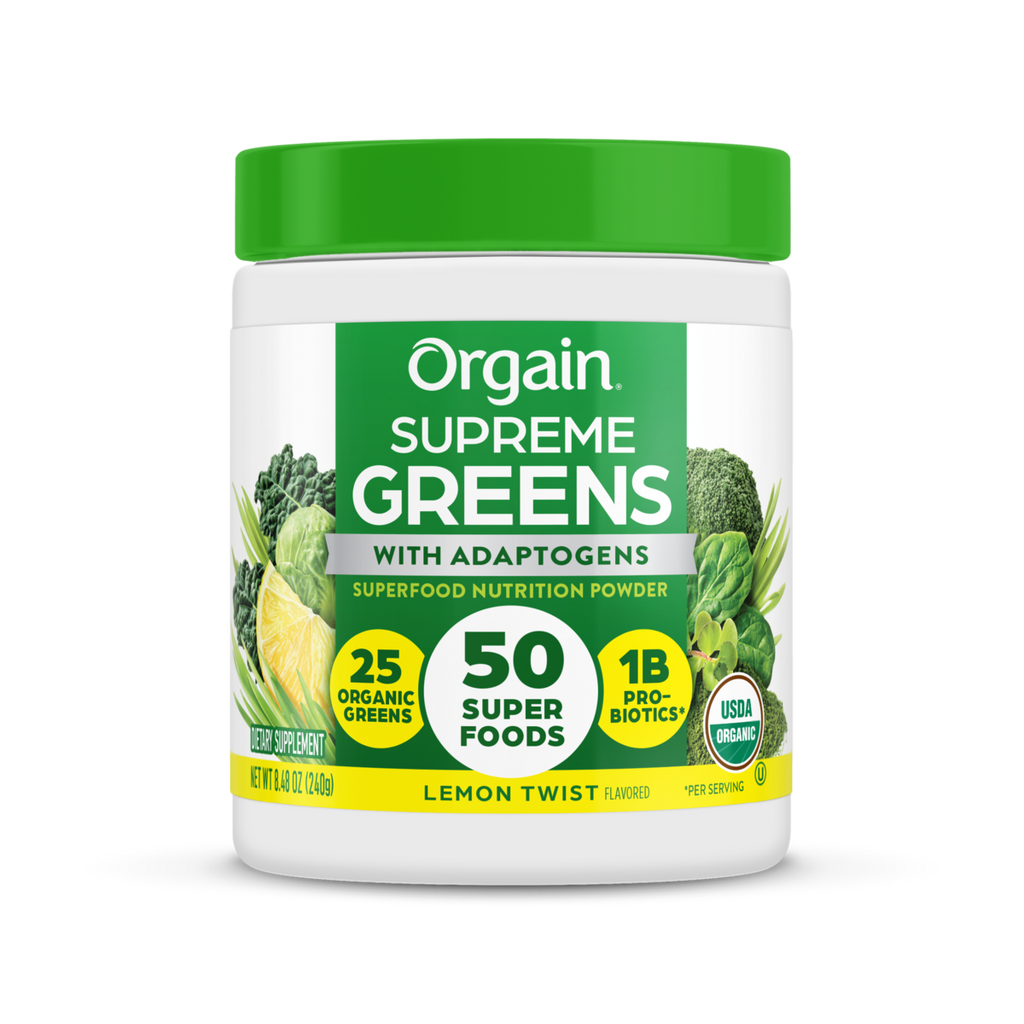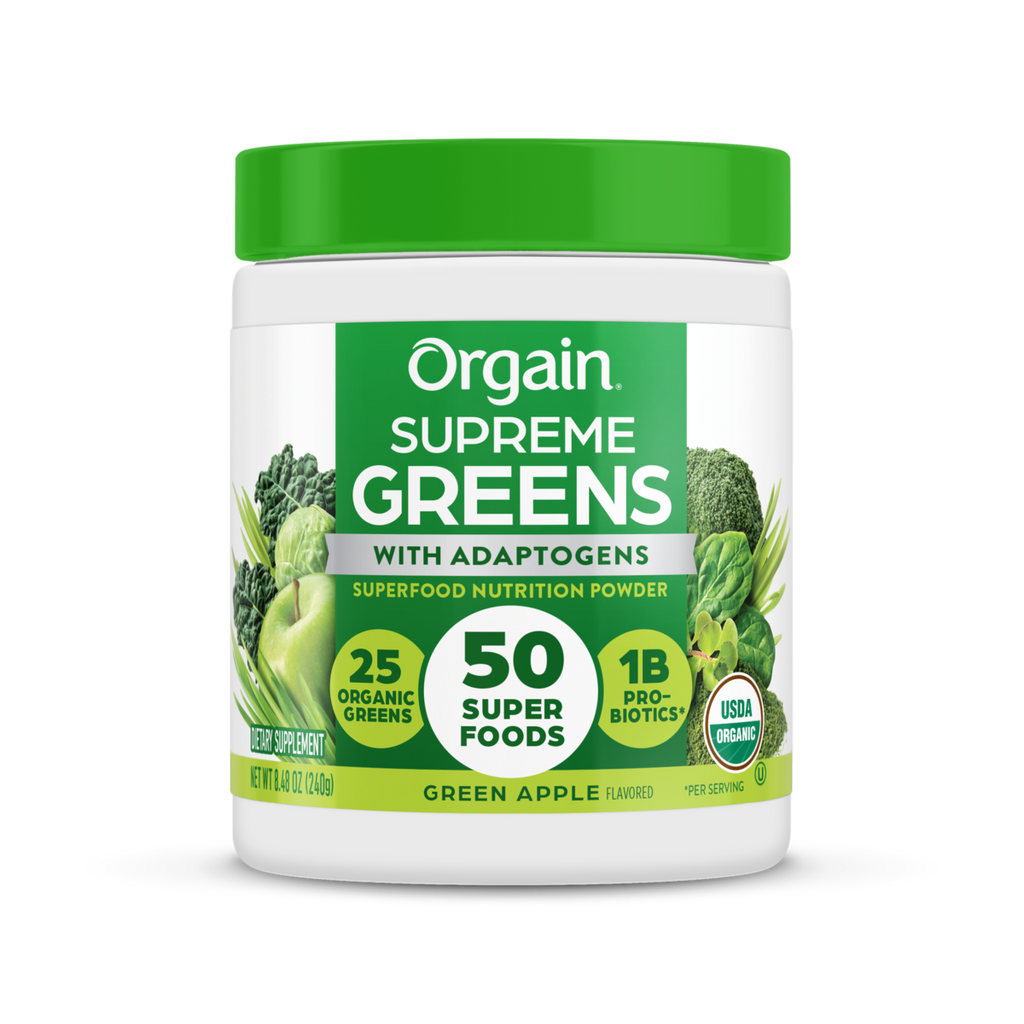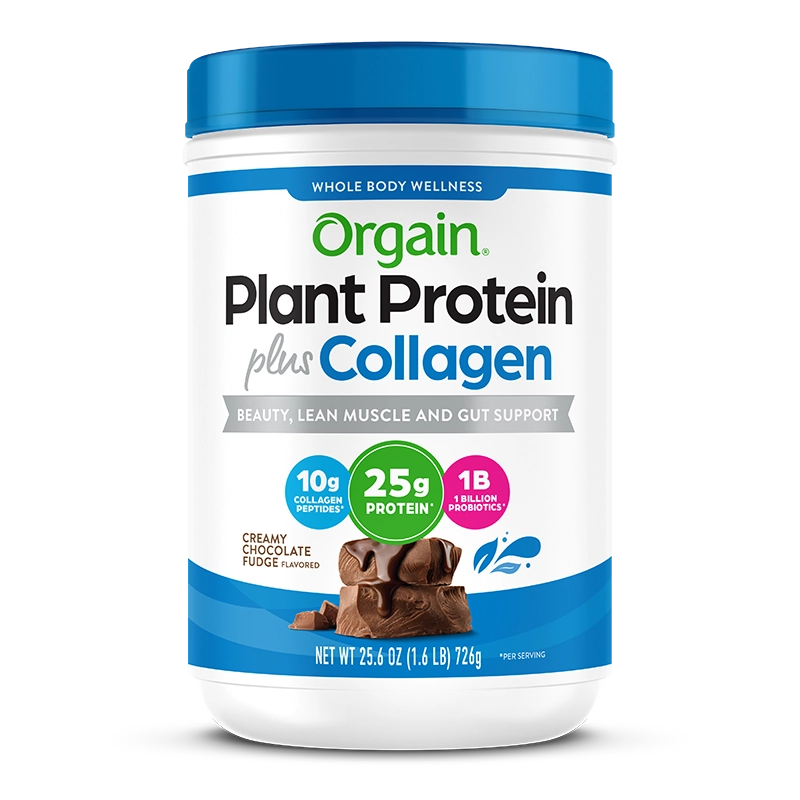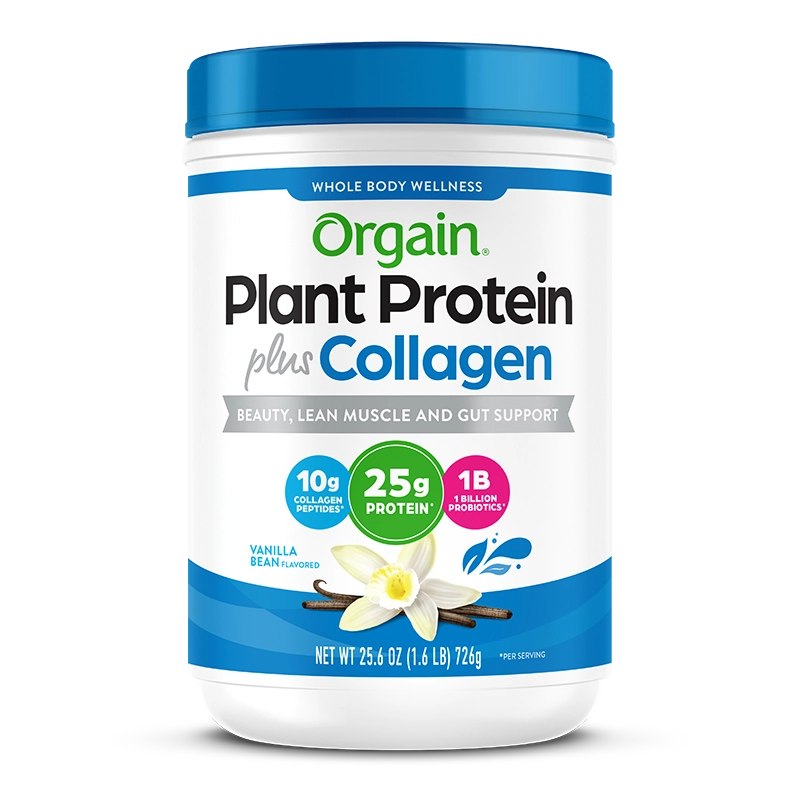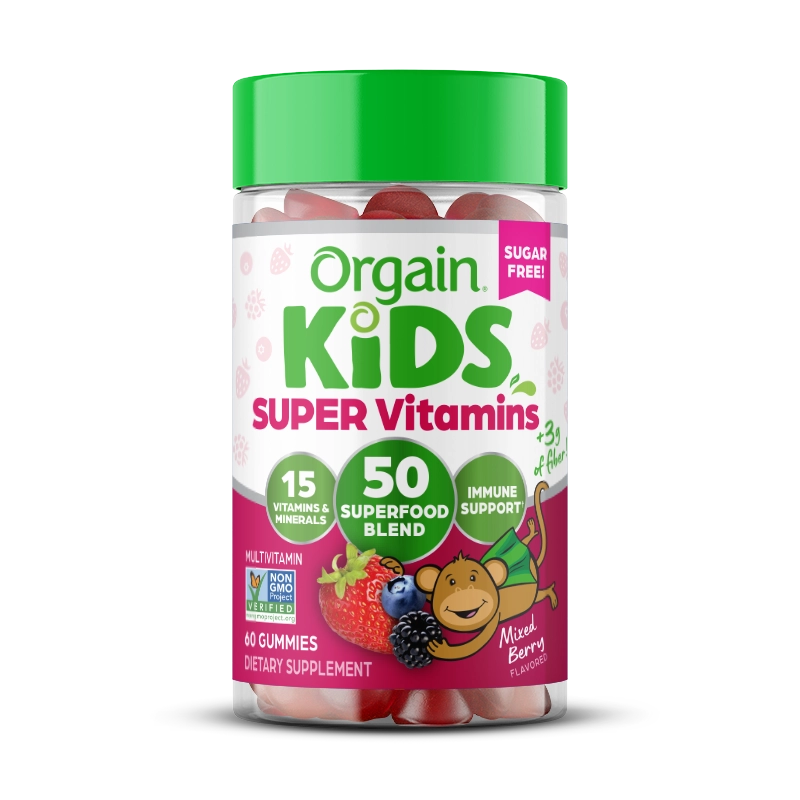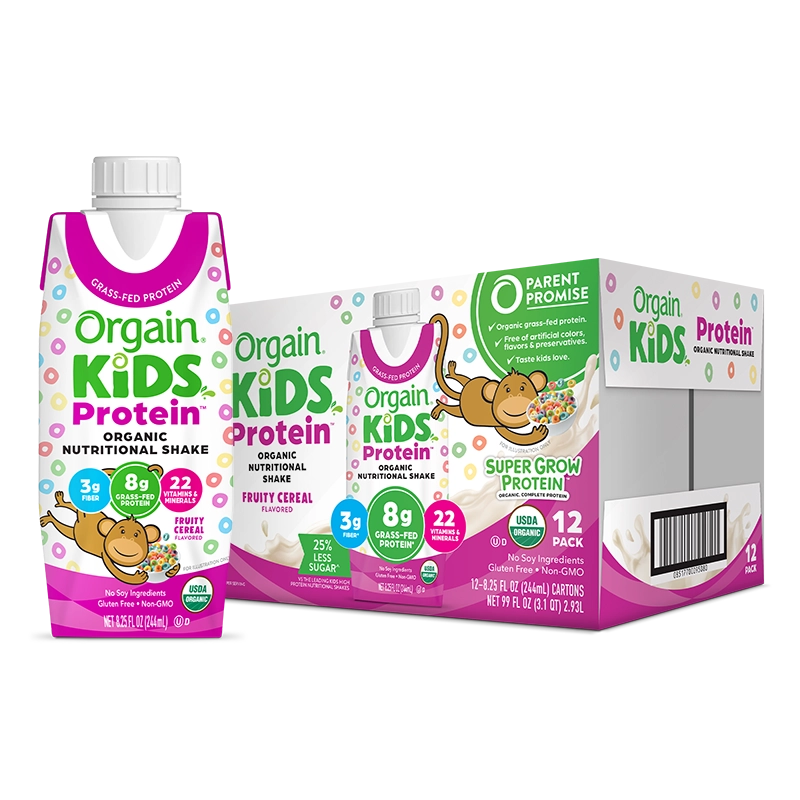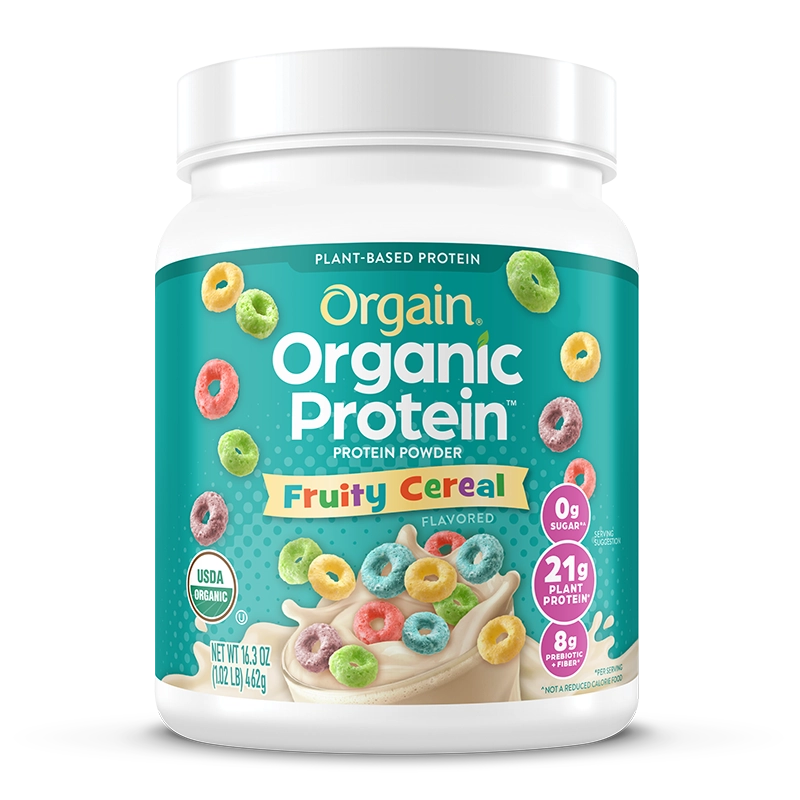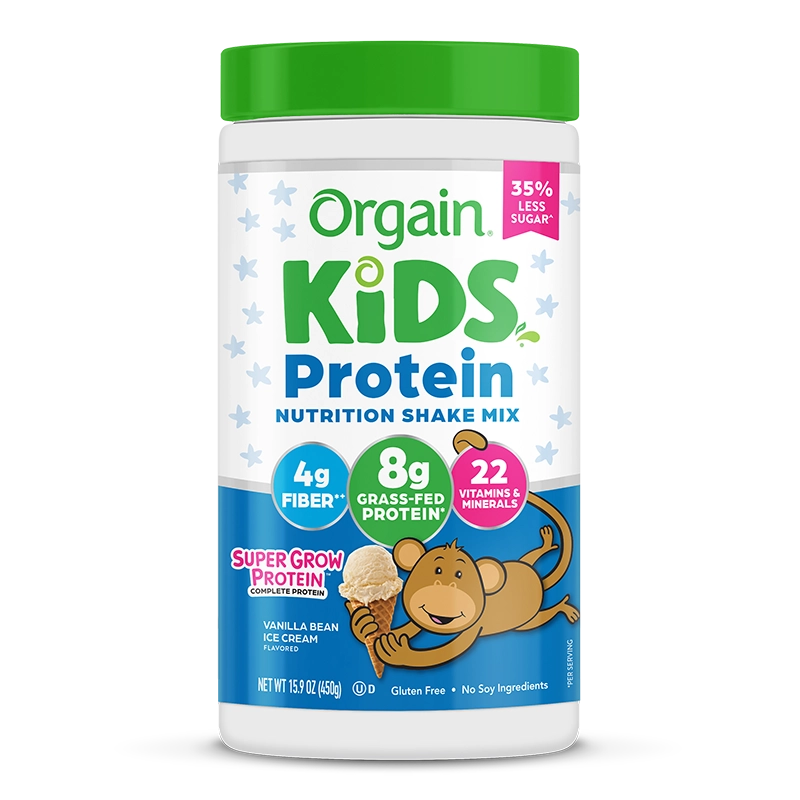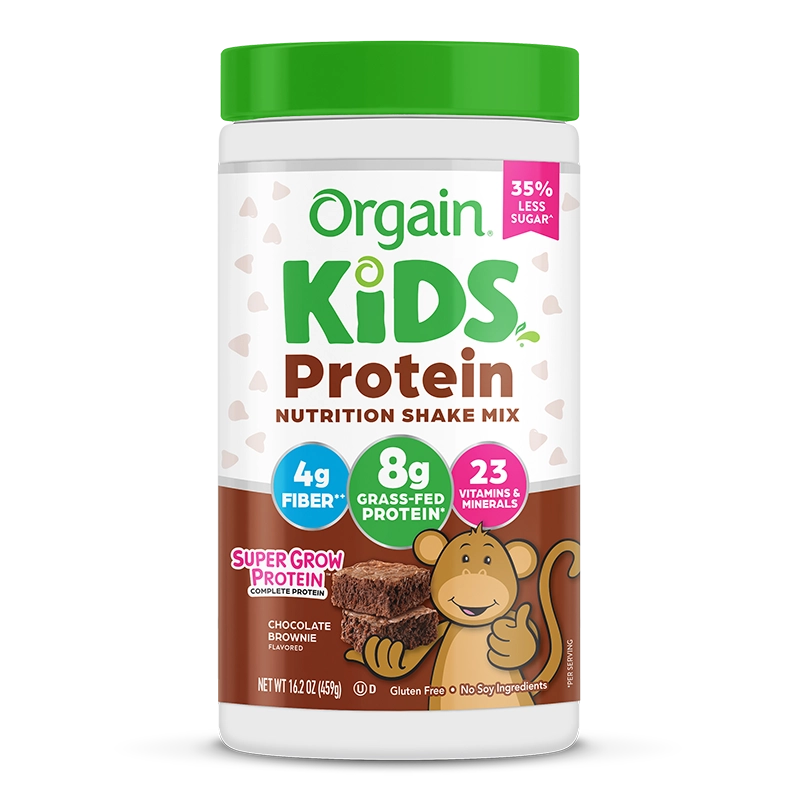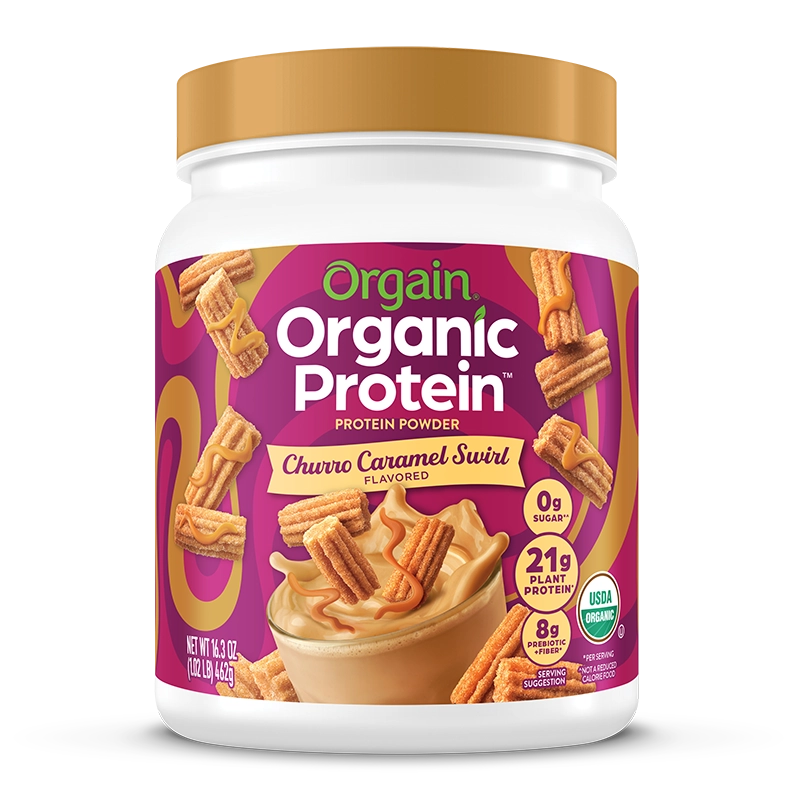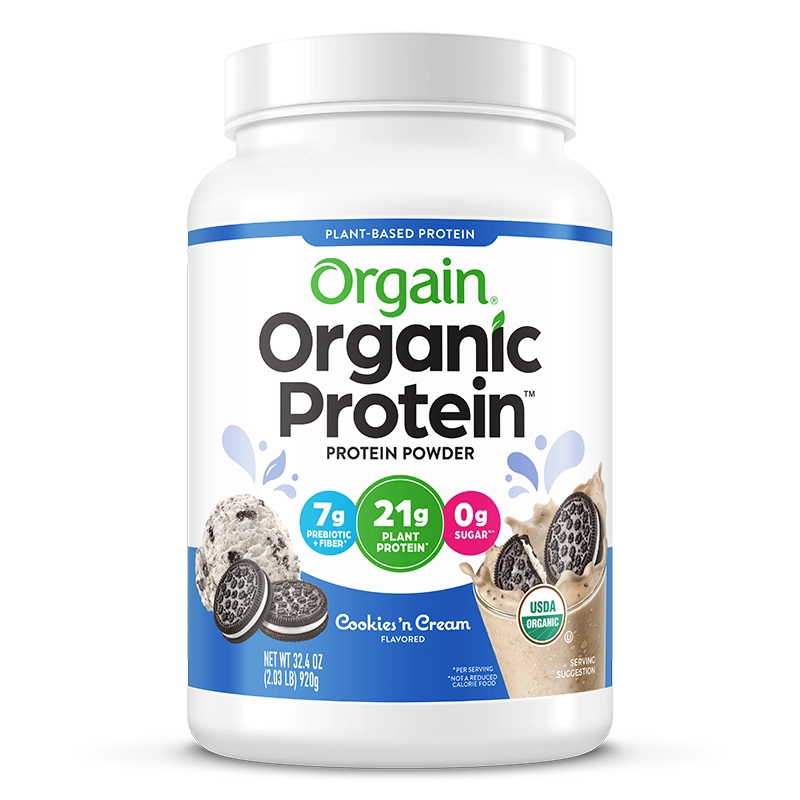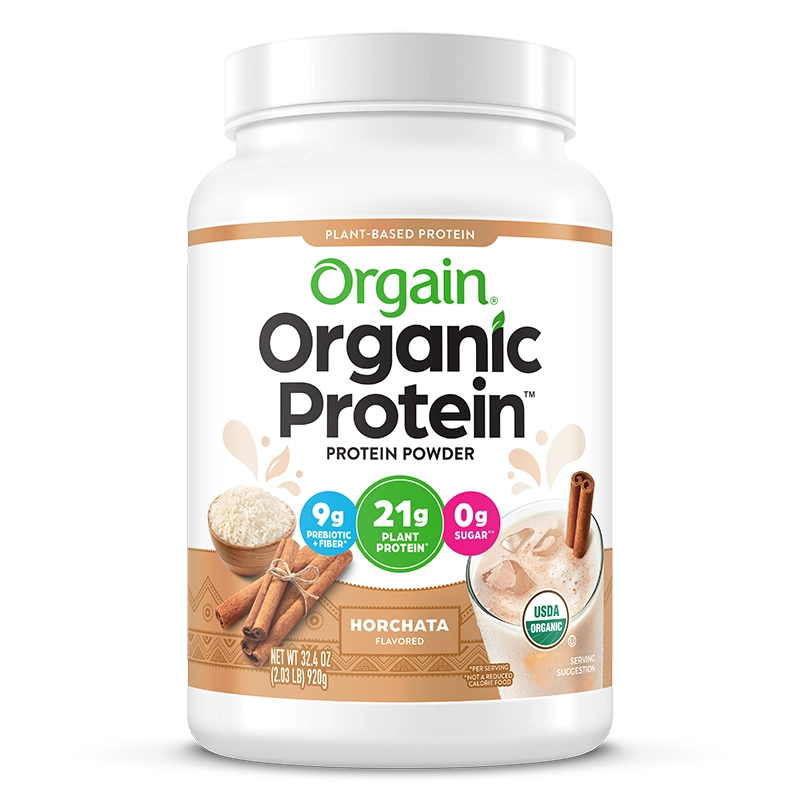Protein is an essential part of any diet and is critical for supplying your body with the nutrients it needs to function properly. While most people know that animal products like meat, fish, and poultry contain lots of protein, you may not realize that there are plenty of plant protein sources that can provide your body with the protein it needs.
We’ve put together a list of the five best plant-based protein foods and a description of the differences between plant protein and animal protein.
Plant Protein vs. Animal Protein
You may have heard over the years that protein derived from animals is considered “better” than protein derived from plants, but what is the truth behind this statement?
Differences in Amino Acid Profile
All protein is made up of chains of amino acids, which are the individual building blocks of protein. There are 20 different amino acids found in the human body, 9 of which are considered “essential proteins” because the body cannot produce them on its own and must obtain them from food.
Animal proteins are derived from animal products like meat, fish, poultry, eggs, and dairy and are more similar to the proteins that are found in the human body. As a result, animal proteins are considered “complete” proteins because they include all of the essential amino acids that your body needs in order to function properly.
By contrast, plant sources of protein, which include things like nuts, lentils, and beans, are considered “incomplete proteins” because they do not contain all of the essential amino acids that the body needs in order to function properly.
Technically, soy protein does contain all of the essential amino acids, but two of the essential amino acids in soy are found in very small amounts, so people need to eat a lot of soy protein in order to get all of the amino acids that they need.
Differences in Nutrients
Animal-based proteins typically come from animal products that may be naturally high in certain vitamins and minerals compared to plant proteins. Animal products are typically higher in vitamin B12, vitamin D, omega-3 fatty acids like docosahexaenoic acid (DHA), heme-iron, and zinc than plant products.
Similarly, there are plenty of nutrients found in plant-based foods that are either only found in plants or are found in much higher quantities in plant products, including vitamin C; flavonoids (a type of antioxidant) including quercetin, catechins, hesperidin, and cyanidin; and dietary fiber sources including beta-glucan, pectin, inulin, lignans, and resistant starch.
Impacts on Health
While animal-based protein sources are considered more complete than plant-based protein, there are some downsides to consuming a large amount of animal products.
Several studies have linked consumption of red meat, particularly processed red meat, to a higher risk of heart disease, heart attack, stroke, and early death. Additional studies show no link between unprocessed red meat and an increased risk of heart disease and diabetes, so it is important to make sure that you are consuming high quality, unprocessed sources of red meat if you choose to eat red meat.
Fish, turkey, and chicken have not been associated with these health risks. In fact, poultry, fish, and low-fat dairy products are associated with a lower risk of heart disease, and fish is known to be especially healthy.
By contrast, diets that are rich in plant-based foods and plant protein are linked to many health benefits, including a lower body weight, lower blood pressure levels, lower cholesterol, lower risk of stroke, lower risk of cancer, and lower risk of death resulting from heart disease.
Vegetarian and vegan diets, which rely on plant-based foods, can be extremely healthy when they rely on whole, unprocessed foods for the majority of the diet. However, these diets can also be unhealthy if they include too many processed foods or empty calories or they do not contain a sufficient amount of protein and nutrients.
Five Best Plant-Based Protein Foods
The number one criticism of plant-based diets like vegetarian and vegan diets is that they might be lacking enough protein to meet your daily needs. However, as you’ll see below, there are lots of great plant-based protein foods that you can consume to make sure your body has what it needs.
Seitan
Seitan is one of the few plant-based protein foods on this list that can easily be made a complete protein by cooking it in soy sauce. Made from wheat gluten mixed with a number of different spices, seitan cannot be consumed by people following a gluten-free or wheat-free diet. However, for those who are able to eat gluten, it’s an excellent source of protein. Seitan on its own contains all of the essential amino acids except lysine, but cooking this food in soy sauce creates a complete protein source that is packed with 21 grams of protein per ⅓-cup.
Lentils
Lentils are one of the healthiest options for plant-based protein. Packed with fiber and slowly digested carbohydrates, one cooked cup of lentils contains about 18 grams of protein. The fiber contained in lentils can contribute to a healthy gut, and a diet rich in lentils has been shown to reduce your risk of experiencing health issues like diabetes, heart disease, and certain types of cancer, and it may also help you manage your weight.
Nutritional Yeast
If you follow a vegan diet or are lactose intolerant, you might be missing cheese in a big way. Nutritional yeast can bridge the gap and provide a cheesy flavor to your favorite dishes and also boost your protein intake at the same time. Nutritional yeast is a deactivated strain of Saccharomyces cerevisiae yeast and is an excellent source of vitamins and minerals like B-complex vitamins, zinc, copper, magnesium, and manganese. One ounce of nutritional yeast contains 14 grams of protein and 7 grams of fiber.
Soy-Based Products
Soy-based products come in a variety of different forms, all of which provide an excellent source of protein. The protein content for soy-based products varies depending on the way that the soy is prepared and cooked. The most popular soy products include tofu, tempeh, and edamame. Tofu is made from soybean curds that are pressed into a rectangular shape; it typically contains about 10 grams of protein in half a cup. Edamame is made from immature soybeans that are steamed and salted. Half a cup of edamame contains 8.5 grams of protein. Tempeh is the richest source of protein, containing about 15 grams of protein in half a cup.
Peanuts
Nuts, including peanuts, are another excellent source of plant-based protein. They also provide heart-healthy fats that can help improve heart health and may lower your risk of heart disease. Half a cup of peanuts, which is about two servings, contains a little over 20 grams of protein. Peanut butter is also rich in protein, although it contains less protein than whole peanuts. One tablespoon of peanut butter contains 3.6 grams of protein.
Summary
You don’t need to consume animal products in order to meet your body’s protein needs. Plant protein sources like seitan, lentils, nutritional yeast, soy-based products, and peanuts can provide you with the protein you need.
If you are concerned about making sure that you get all of the essential amino acids that your body needs, you can incorporate a plant-based protein powder into your diet. Orgain offers a complete line of plant-based protein powders, protein shakes, and other products that can help you stick to a plant-based diet.
Sources:
Dietary protein sources and the risk of stroke in men and women - NCBI
Nutrition concerns and health effects of vegetarian diets - NCBI
Major dietary protein sources and risk of coronary heart disease in women - NCBI
Role of lentils (Lens culinaris L.) in human health and nutrition: a review - Springer
